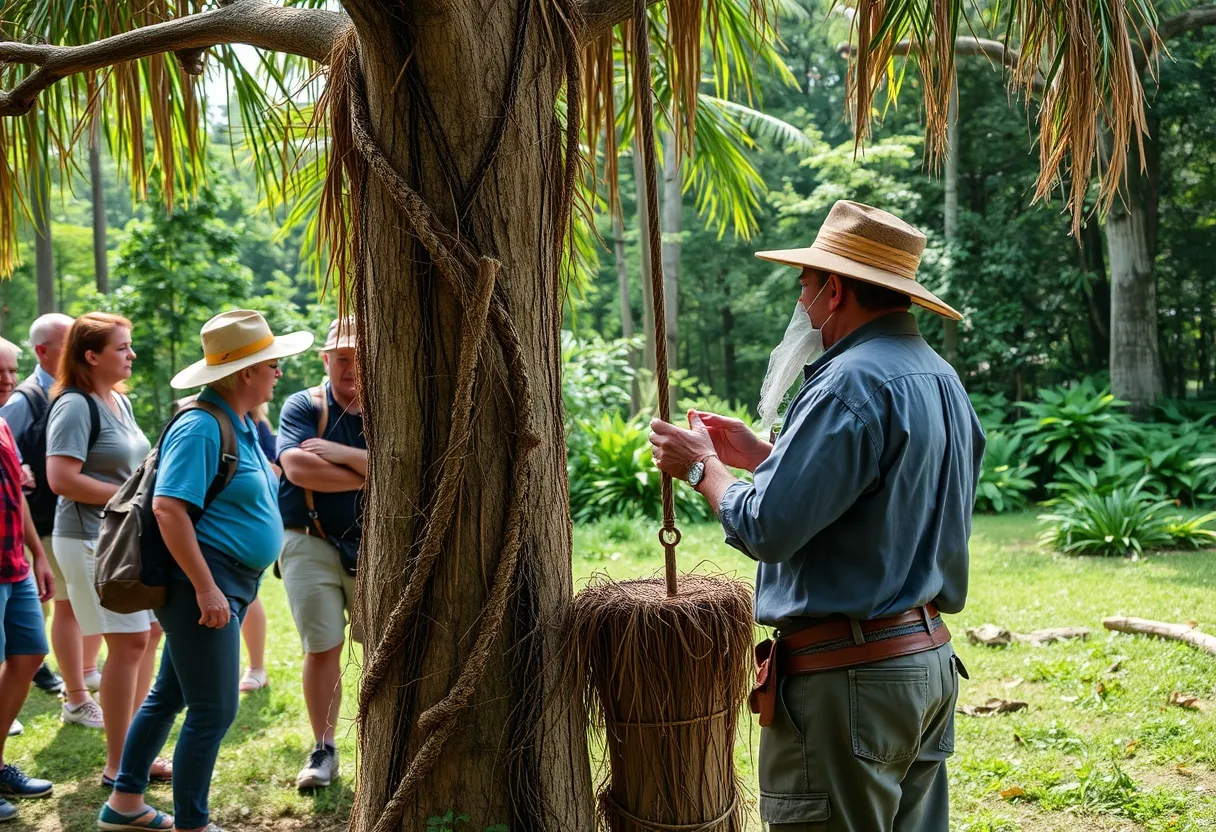
Kerala’s Liquid Gold
Liquid Gold Kerala’s rustic charm turns full circle with toddy tapping. Among the many unique
When you thinķ of Alleppey the backwaters come to mind. So does the houseboat, the form of transport that plied these backwaters in the past, and were modernized during present times. However, some areas of the backwaters can be accessed better by shikaras, which also offer a more intimate experience.

A shikara is a small, roofed, wooden boat traditionally used in Kashmir, now popular in Kerala for navigating narrow waterways that houseboats can’t access. If you’re seeking a peaceful, budget-friendly, and authentic backwater experience, a shikara ride might be just what you’re looking for.
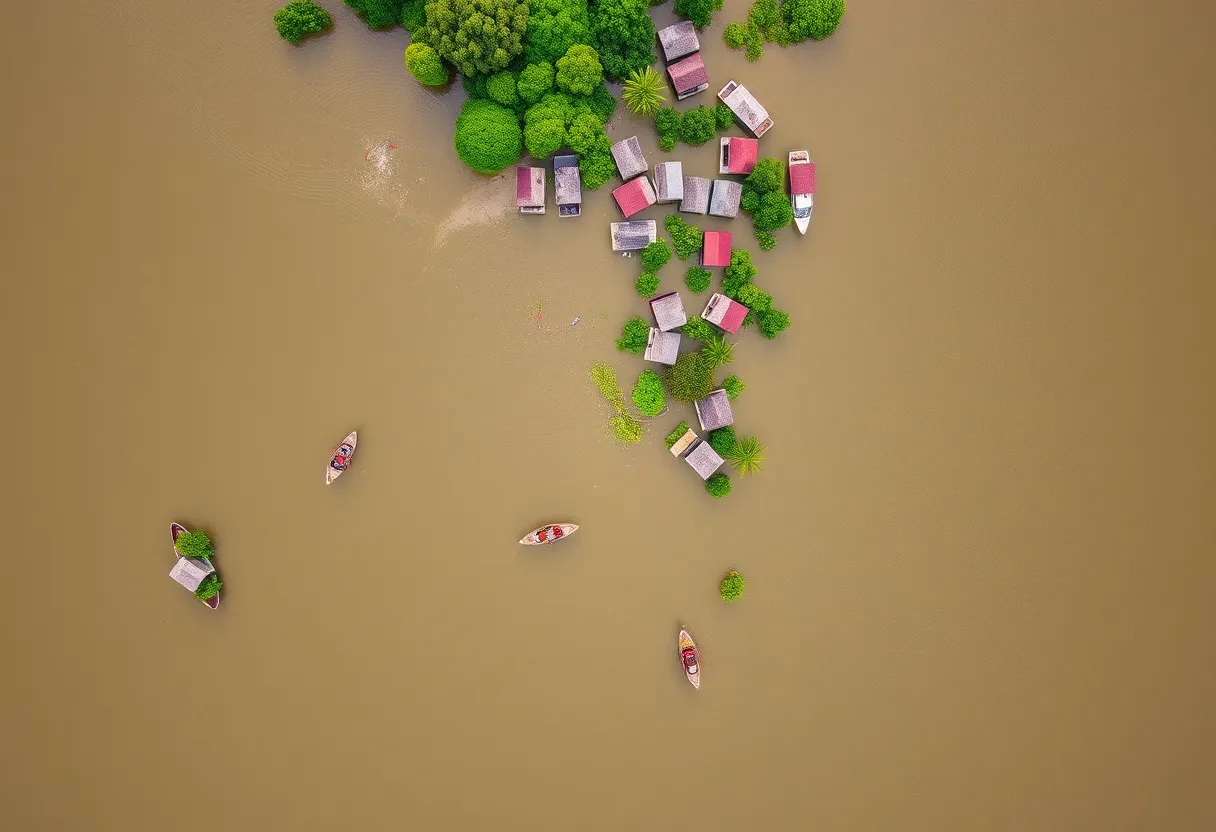
Shikaras are elegant, low-sitting boats with comfortable seating, cushions, and a canopy for shade. They typically accommodate 2 to 6 people, and are manually rowed or powered by small motors. They glide gently through the waterways.
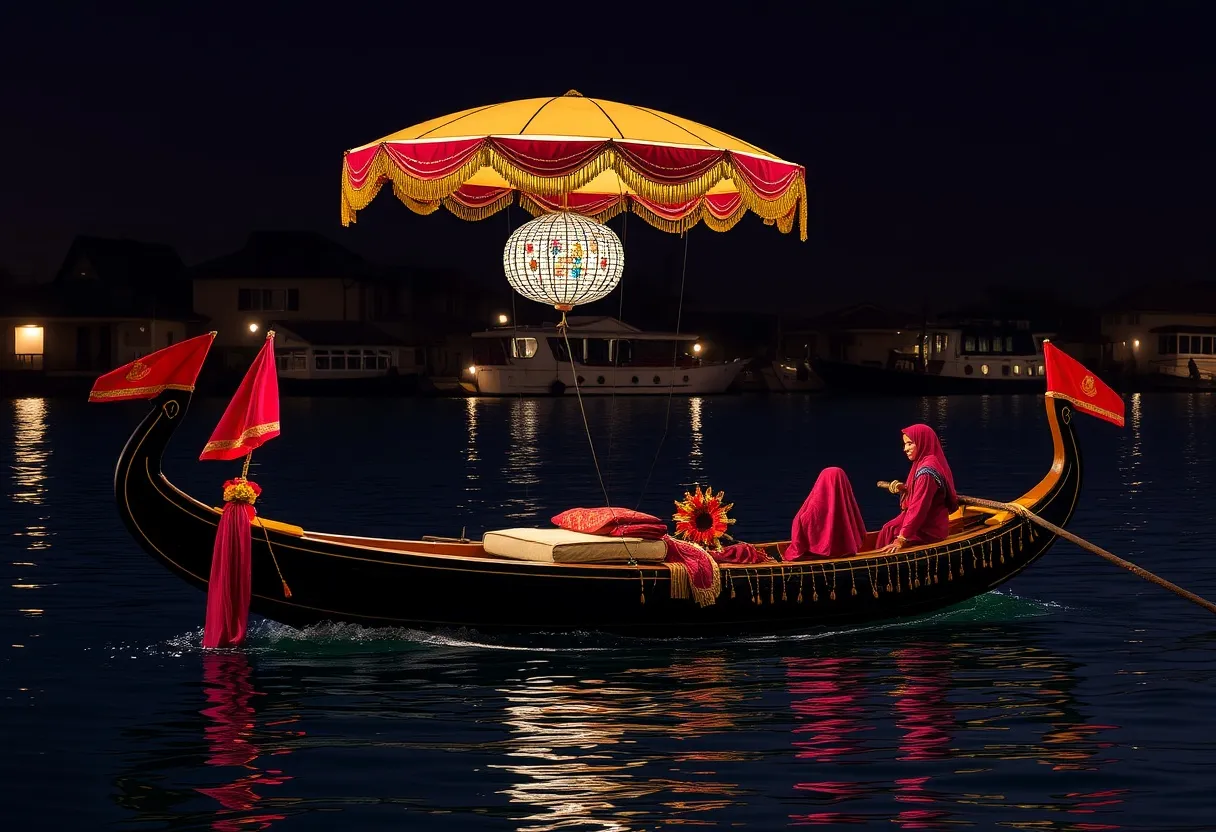
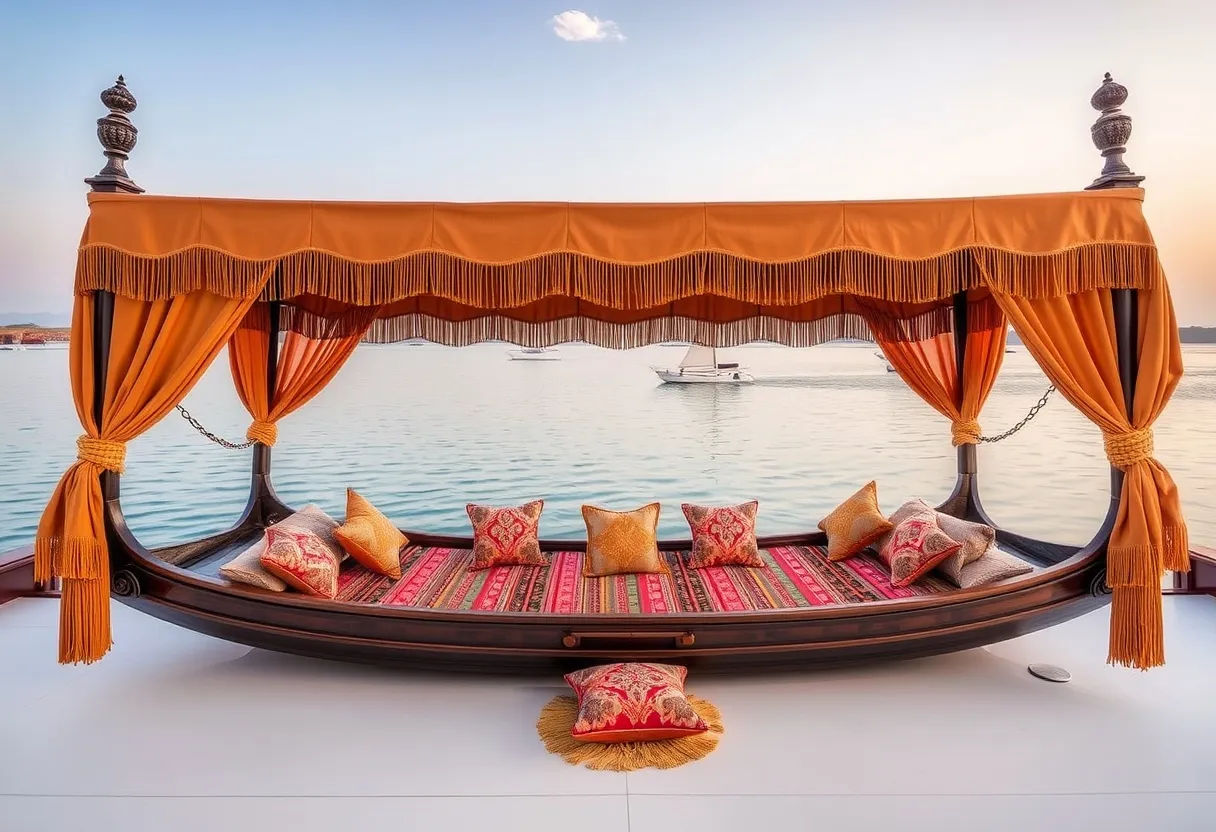
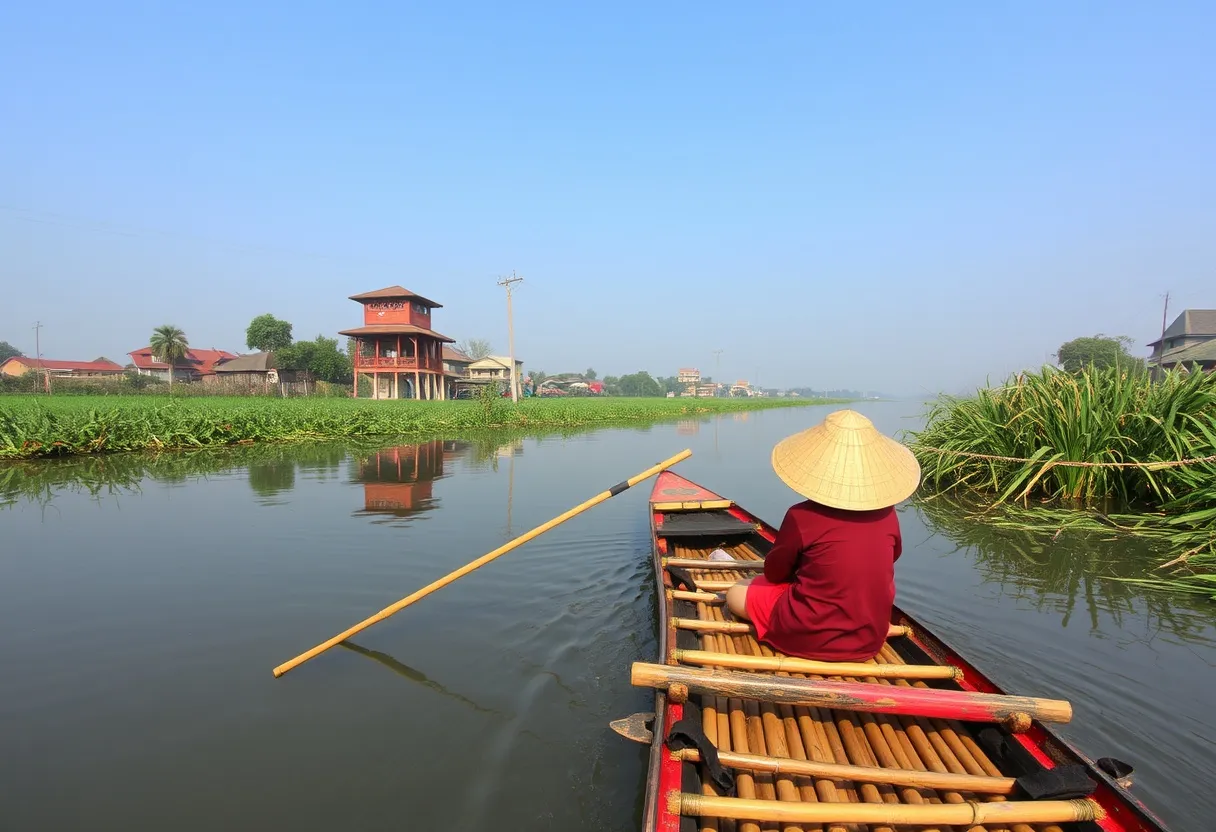
But shikaras certainly score over houseboats in the way they serve as eco-friendly modes of travel which can be ridden anywhere and anytime into narrow canals and waterways. Unlike houseboats, which are floating homes with all amenities, shikaras offer a closer, slower, and more immersive connection to daily life along the banks.
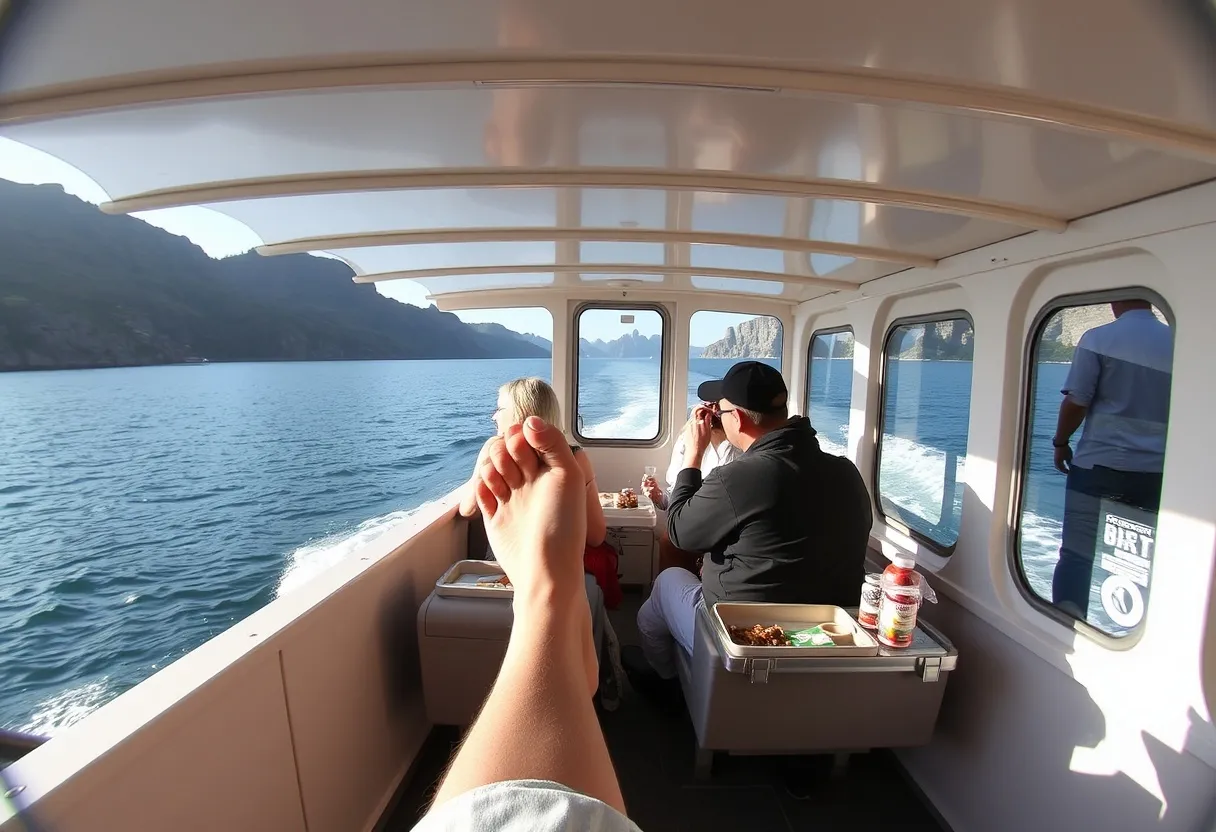
When compared to a houseboat, which is a large, multi-boat floating house, a shikara is a small open-sided boat with a canopy. Ideal for couples and small families, a shikara can carry 2-6 people. The houseboat, on the other hand, is good for groups or big families as it can accommodate 20 or more people. A shikara is suitable for shorter rides of 2 to 3 hours whereas houseboats are better for longer rides spanning overnight to multi-day stays. The cost of a shikara ride varies from INR 600 to INR 1200 per hour, whereas the cost of a houseboat ride can vary between INR 7000 – INR 20,000 per night depending on size and luxury.
But shikaras certainly score over houseboats in the way they serve as eco-friendly modes of travel which can be ridden anywhere and anytime into narrow canals and waterways. Unlike houseboats, which are floating homes with all amenities, shikaras offer a closer, slower, and more immersive connection to daily life along the banks.
Booking a Shikara ride is easy, and you can do it in several ways:
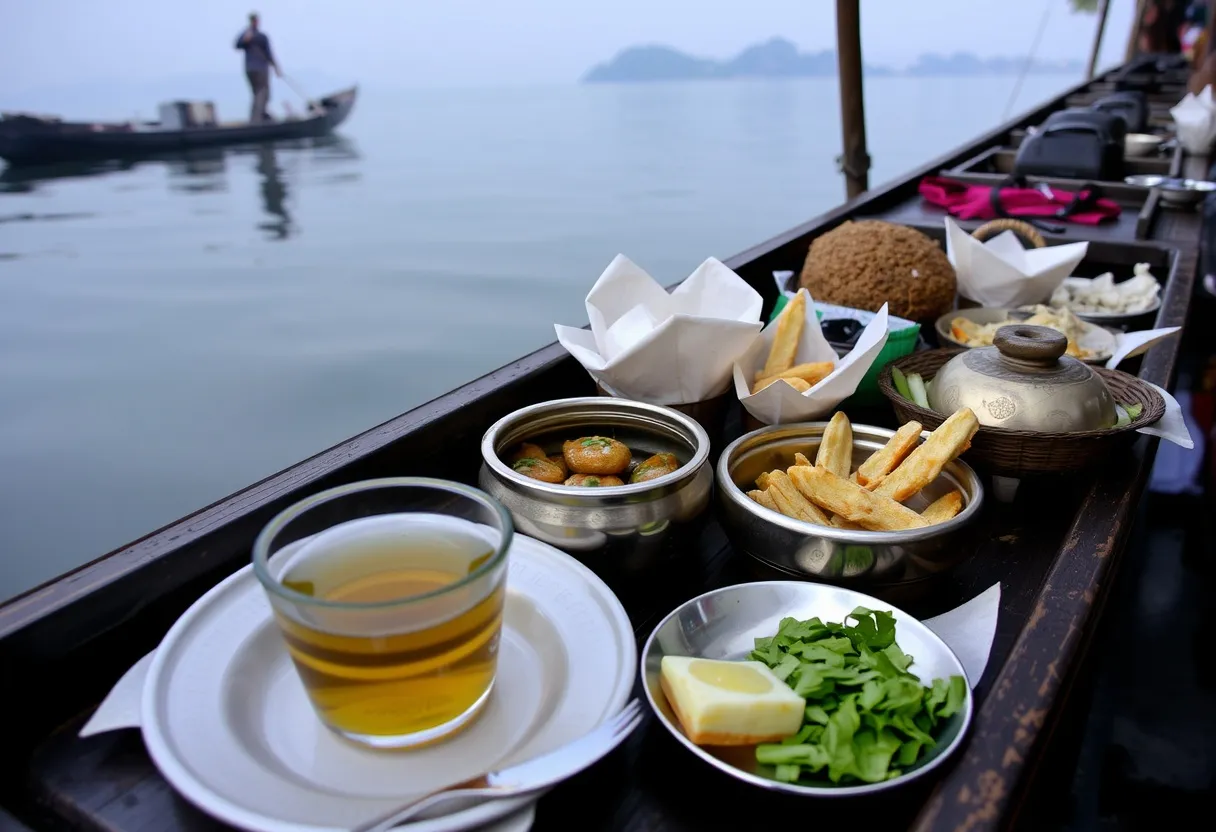
Tip: Morning rides (7–10 AM) and sunset rides (4–6 PM) are the most scenic and pleasant. It is best to avoid an afternoon ride as the temperatures can rise making for an uncomfortable experience.
Here’s a handy checklist of things to look for before you hop aboard:
Boat Condition
Operator Reputation
Price Transparency
Note: The average rate of a shikara ride varies between ₹600–₹1000 per hour depending on season and time of day. Early morning or sunset slots might be in higher demand.
Ride Duration & Route
Clarify how long the ride will last and what areas you’ll cover:
Tip: Pick a route that avoids overcrowded zones if you’re seeking a peaceful vibe.
Ride Duration & Route
Amenities
Booking Method
Language & Communication
Ensure the boatman speaks basic English or Hindi, especially if you want to ask questions or learn about the villages and canals.
Red Flags to Avoid
The best season to ride a shikara is winter during the months from October to March.
Here’s why:
Avoid the risky Monsoon months (June – September)
Summer Caution (March–May)
One of the biggest advantages of a Shikara is that it can go where a houseboat can’t. Some must-visit spots easily reached by a shikara include:
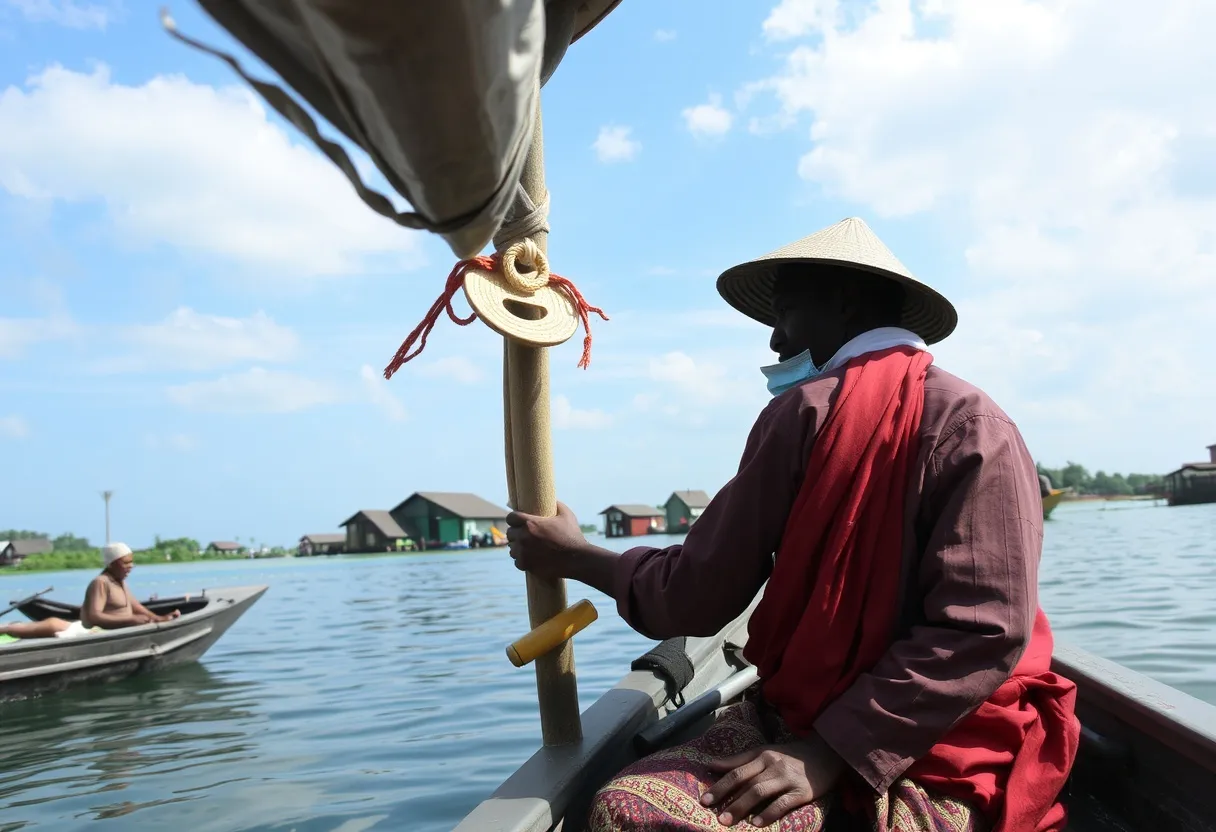
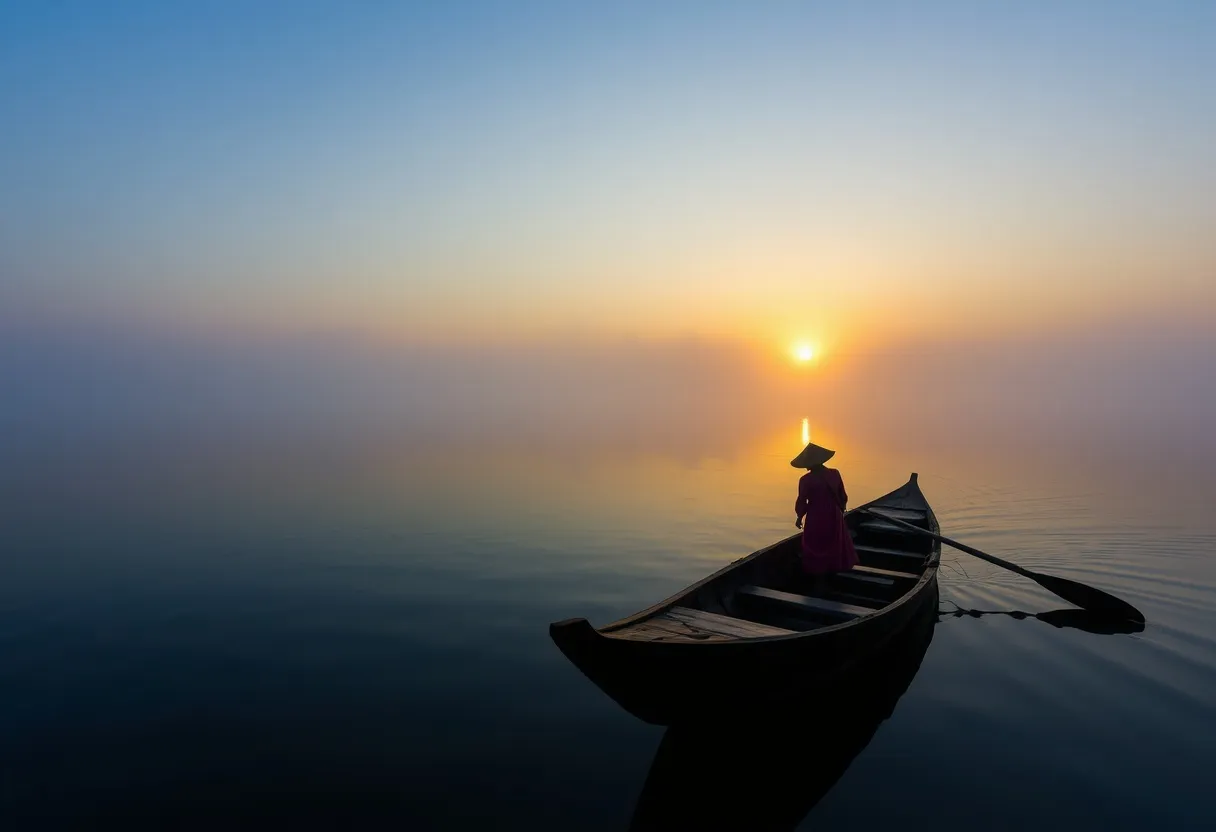
A shikara ride through Alleppey can be your immersion into Kerala’s soulful rhythm. You’ll pass by women washing clothes by the banks, children waving in glee, and farmers wading through fields trying to get their daily work done. It’s quiet, slow, and grounding—the way travel is meant to be. Don’t miss the magic of a shikara ride. It’s Kerala, unfiltered, just as you want it to be.

Liquid Gold Kerala’s rustic charm turns full circle with toddy tapping. Among the many unique

10 Unforgettable Experiences in the Backwaters of Kerala Alleppey, often referred to as the “Venice
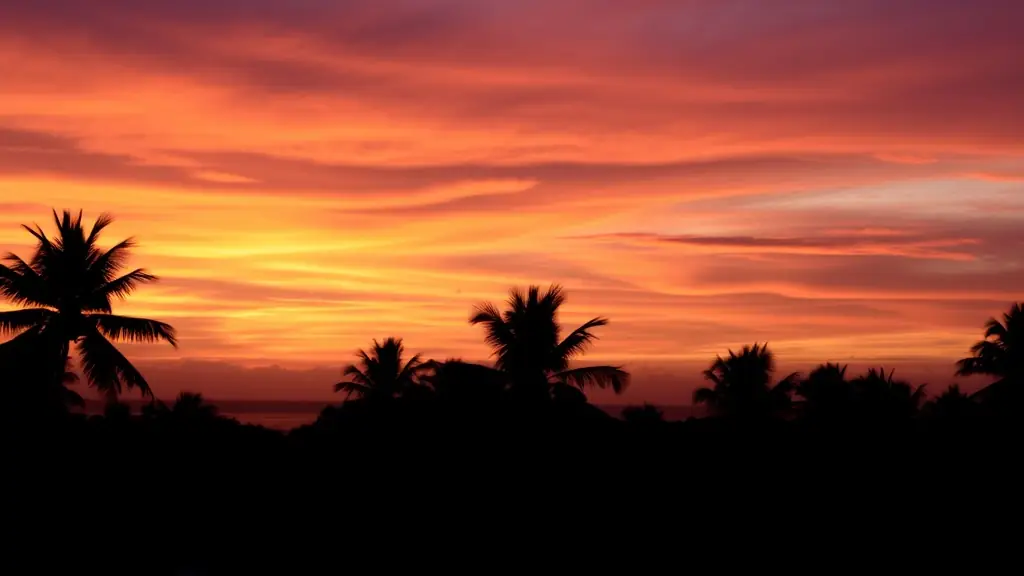
Visit Akoya Beach Villa Exploring Alleppey Beach: A hidden gem in Kerala’s Alleppey Beach, also
Beachfront Bliss in Kerala
Discover Akoya Beach Villa, Alleppey